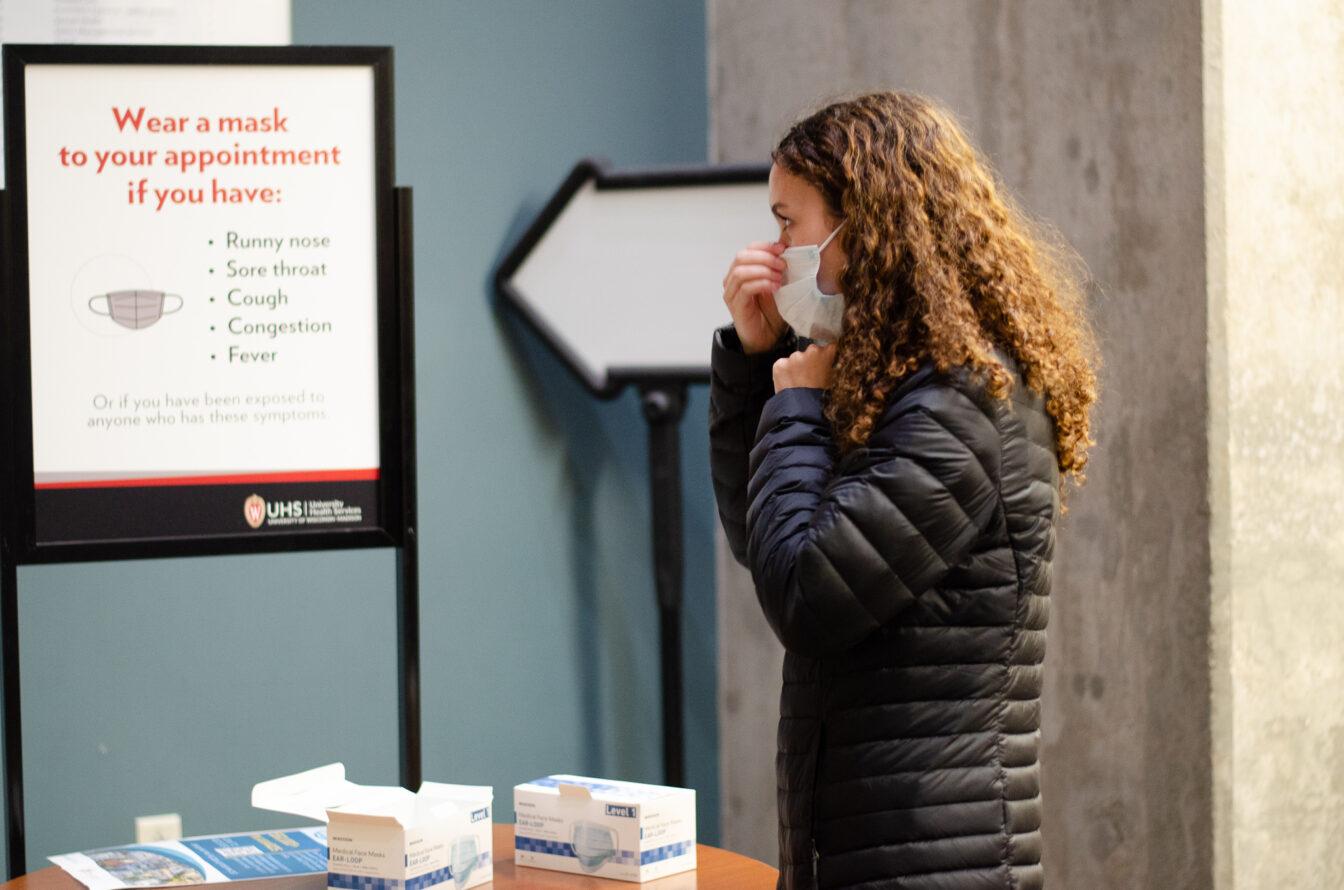In March, Rogers Memorial Hospital will add two new programs to provide treatment for Post Traumatic Stress Disorder, depression, bipolar disorder and mood disorders.
Rogers Memorial Hospital — operating under its parent organization, Rogers Behavioral Health, with locations across the nation — is a non-profit provider of mental health care in Madison, according to the hospital’s website. Madison’s location will add the two programs to a set of existing programs treating Obsessive Compulsive Disorder, anxiety and eating disorders.
A partial hospitalization program for patients with PTSD will be available on March 12 and will combine cognitive behavioral therapy and prolonged exposure therapy to resolve traumatic experiences and reduce trauma-related fears.
Prolonged exposure is the most proven and scientifically tested treatment for survivors of trauma like violence, sexual assault, accidents and child abuse, according to an email sent to The Badger Herald.
UHS reflects on impact of 24/7 online mental health resource
“An estimated 8 million Americans have PTSD at any given time, with women more than twice as likely as men to be affected,” Alexander Fritz, attending physician and board-certified psychiatrist at Rogers Memorial Hospital, said in an email to the Herald. “It’s crucial we increase understanding of the symptoms, side effects and treatments available to the large population living with an oftentimes debilitating diagnosis.”
On March 26, the Focus program will open and offer treatment for adults with depression, bipolar disorder and other mood disorders.
UHS launches phone-based model for mental health consultations
Madison’s program is based on a partial hospitalization model patients used in Oconomowoc Wisconsin, where patients stay in homelike settings for 45 to 60 days on average and participate in different forms of therapy, meditation and group work while completing daily living responsibilities, according to the program’s website.
“A need exists for this additional level of specialized depression and mood disorder care in Madison,” Fritz said. “We are proud to fill this service gap, and provide more people in the area with access to the next level of care that will help them rediscover hope and progress along their individual treatment plans.”














